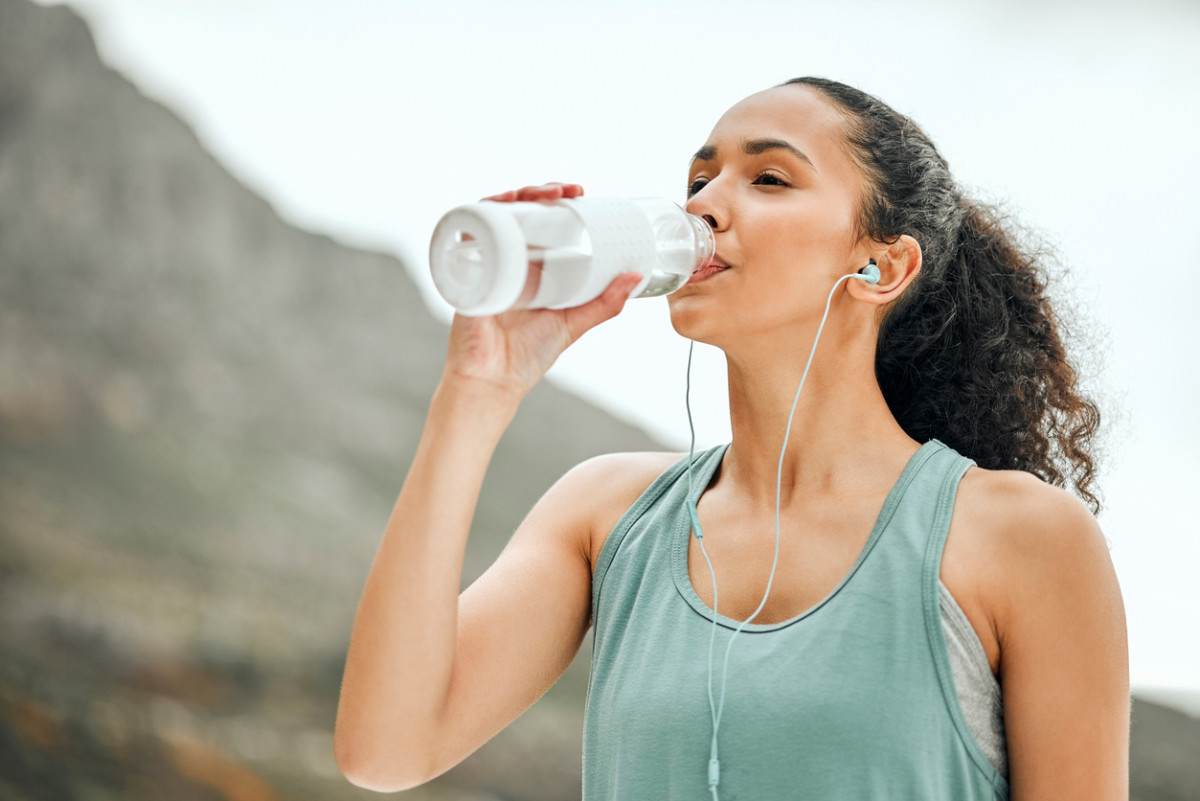Water, the elixir of life, plays a fundamental role in maintaining overall health and well-being. As the most essential component of the human body, proper hydration is crucial for supporting vital physiological functions. In this article, we will explore the significance of hydration and the myriad benefits that come with staying well-hydrated.
Table of Contents
1. The Physiology of Hydration:
a. Cellular Function:
Water is an integral part of cell composition and function. It aids in nutrient transport, waste elimination, and the maintenance of cellular structure, ensuring optimal cellular processes.
b. Temperature Regulation:
Proper hydration is vital for regulating body temperature through processes like sweating. Adequate water intake helps the body cool down during physical exertion or in hot environments.
c. Joint Lubrication:
Joints, which are critical for movement, rely on adequate hydration. Synovial fluid, a lubricating substance in the joints, is primarily composed of water, ensuring smooth and pain-free movement.
2. Cognitive Function and Mental Well-being:
a. Brain Hydration:
The brain is highly sensitive to changes in hydration levels. Even mild dehydration can affect cognitive function, leading to difficulties in concentration, memory, and mood.
b. Improved Focus and Alertness:
Staying well-hydrated supports mental clarity, alertness, and overall cognitive performance. Hydrated individuals often experience improved focus and better decision-making abilities.
c. Prevention of Headaches:
Dehydration can contribute to headaches and migraines. Maintaining adequate water intake helps alleviate or prevent headaches, promoting overall mental well-being.
3. Digestive Health:
a. Promoting Nutrient Absorption:
Water plays a crucial role in the digestion and absorption of nutrients. It aids in breaking down food and facilitating the absorption of essential vitamins and minerals in the digestive tract.
b. Preventing Constipation:
Adequate hydration helps maintain the necessary moisture levels in the digestive system. This, in turn, prevents constipation and promotes regular bowel movements.
4. Physical Performance and Endurance:
a. Optimal Muscle Function:
Hydration is essential for maintaining electrolyte balance, which is crucial for muscle function. Proper fluid levels support endurance, strength, and overall physical performance.
b. Reduced Risk of Cramps:
Dehydration can contribute to muscle cramps during physical activity. Well-hydrated individuals are less prone to experiencing muscle cramps, allowing for more efficient and comfortable movement.
5. Skin Health:
a. Improved Skin Elasticity:
Skin health is closely tied to hydration. Well-hydrated skin maintains elasticity, reducing the appearance of fine lines and wrinkles. Hydration also supports a healthy complexion.
b. Detoxification:
Water is essential for flushing toxins out of the body through sweat and urine. Proper hydration aids in the detoxification process, promoting clearer and healthier skin.
6. Weight Management:
a. Appetite Regulation:
Staying well-hydrated helps regulate appetite. Sometimes, feelings of thirst can be mistaken for hunger, leading to overeating. Drinking water before meals can support weight management.
b. Boosting Metabolism:
Adequate hydration supports metabolic processes, contributing to more efficient calorie burning. This can be beneficial for those aiming to maintain or lose weight.
7. Immune System Support:
a. Transport of Immune Cells:
Water is crucial for the transport of immune cells and antibodies throughout the body. Proper hydration supports the immune system’s ability to defend against infections and illnesses.
b. Faster Recovery:
Well-hydrated individuals often experience faster recovery times when faced with illnesses or infections. Hydration aids in the restoration of optimal physiological functions.
8. How Much Water is Enough:
a. Individual Variations:
The amount of water needed varies among individuals based on factors such as age, weight, activity level, and climate. However, a general guideline is to aim for at least eight 8-ounce glasses of water per day.
b. Listen to Your Body:
Paying attention to thirst cues and the color of urine can provide insights into hydration levels. Dark yellow urine may indicate dehydration, while light yellow or pale straw color suggests proper hydration.
Conclusion:
Staying well-hydrated is not just a matter of quenching thirst; it is a cornerstone of maintaining optimal health. From supporting cellular function and cognitive performance to promoting digestive health and immune system function, the benefits of proper hydration are far-reaching. By prioritizing regular water intake and being mindful of individual hydration needs, individuals can unlock the full potential of this simple yet powerful elixir for a healthier and more vibrant life.
